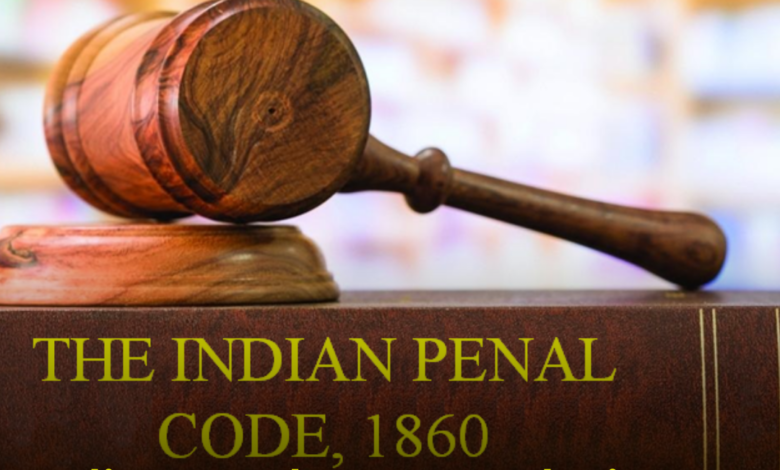India Introduces Revolutionary Criminal Laws

In a historic move, the Indian government has announced the implementation of three groundbreaking criminal laws, slated to replace the archaic Indian Penal Code, Code of Criminal Procedure, and Evidence Act, effective from July 1, according to a notification issued on Saturday.
Table of Contents

Overview of the New Legislation
The three transformative laws, namely the Bharatiya Nyaya Sanhita, the Bharatiya Nagarik Suraksha Sanhita, and the Bharatiya Sakshaya Act, mark a significant departure from the British-era legal framework. The overarching goal is to provide a comprehensive definition of terrorism, eliminate sedition as a crime, and introduce a novel section titled “offences against the state,” among other progressive changes.
Legislation Highlights
- Bharatiya Nyaya Sanhita, 2023:
- Replaces the outdated Indian Penal Code, 1860.
- Eliminates sedition as a crime but introduces penalties for secessionism, separatism, rebellion, and acts against the sovereignty, unity, and integrity of India.
- Imposes the death penalty for gang rape of minors and mob lynching.
- Introduces community services as a novel form of punishment.
- Bharatiya Nagarik Suraksha Sanhita, 2023:
- Replaces the aged Code of Criminal Procedure, 1973.
- Ensures time-bound investigation, trial, and judgment within 30 days of argument completion.
- Mandates video recording of statements from sexual assault victims.
- Introduces a new provision for the attachment of property and proceeds of crime.
- Bharatiya Sakshya Act, 2023:
- Replaces the antiquated Indian Evidence Act, 1872.
- Widens the scope of admissible evidence to include electronic or digital records, emails, server logs, computers, smartphones, laptops, SMS, websites, locational evidence, mails, and messages on devices.
- Initiates the digitization of all records, including case diaries, FIR, chargesheets, and judgments.
- Grants electronic or digital records the same legal effect, validity, and enforceability as traditional paper records.
Legislative Process
These transformative bills were initially introduced during the Monsoon session of Parliament in August 2023. Following recommendations from the Standing Committee on Home Affairs, redrafted versions were presented during the winter session. Union Home Minister Amit Shah emphasized that the bills underwent extensive consultations, with meticulous scrutiny down to every comma and full stop.
The implementation of these progressive laws is set to usher in a new era of legal practices in India, aligning the country with contemporary standards while addressing crucial issues such as sexual assault, lynching, and the digitalization of legal processes. The government’s commitment to thorough consultations and revisions underscores the gravity of these changes, emphasizing a collective effort to modernize and streamline the Indian legal system.
- BJP President JP Nadda Issues Notice to Dilip Ghosh Over Controversial Remarks on Mamata Banerjee
- Ram Charan and Kiara Advani’s ‘Jaragandi’ Song from Game Changer Released
- Pre-Match Banter: Rohit Sharma’s Flying Kiss Recreation Adds Spice to MI vs SRH Clash
- Swami Smaranananda Maharaj, President of Ramakrishna Math and Ramakrishna Mission, Passes Away at 95
- Stand-up Comedian Munawar Faruqui Breaks Silence on Social Media After Mumbai Police Detention





